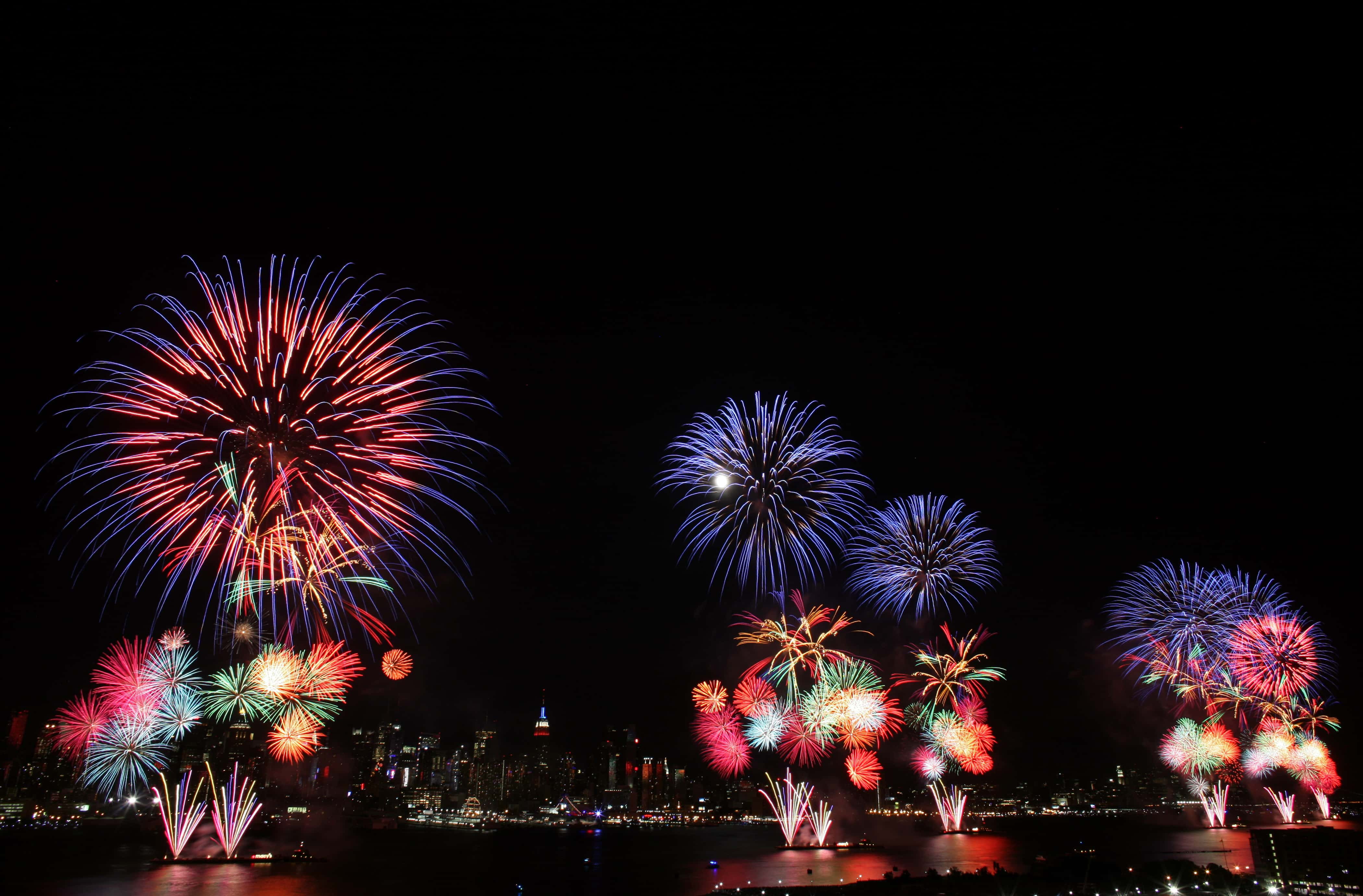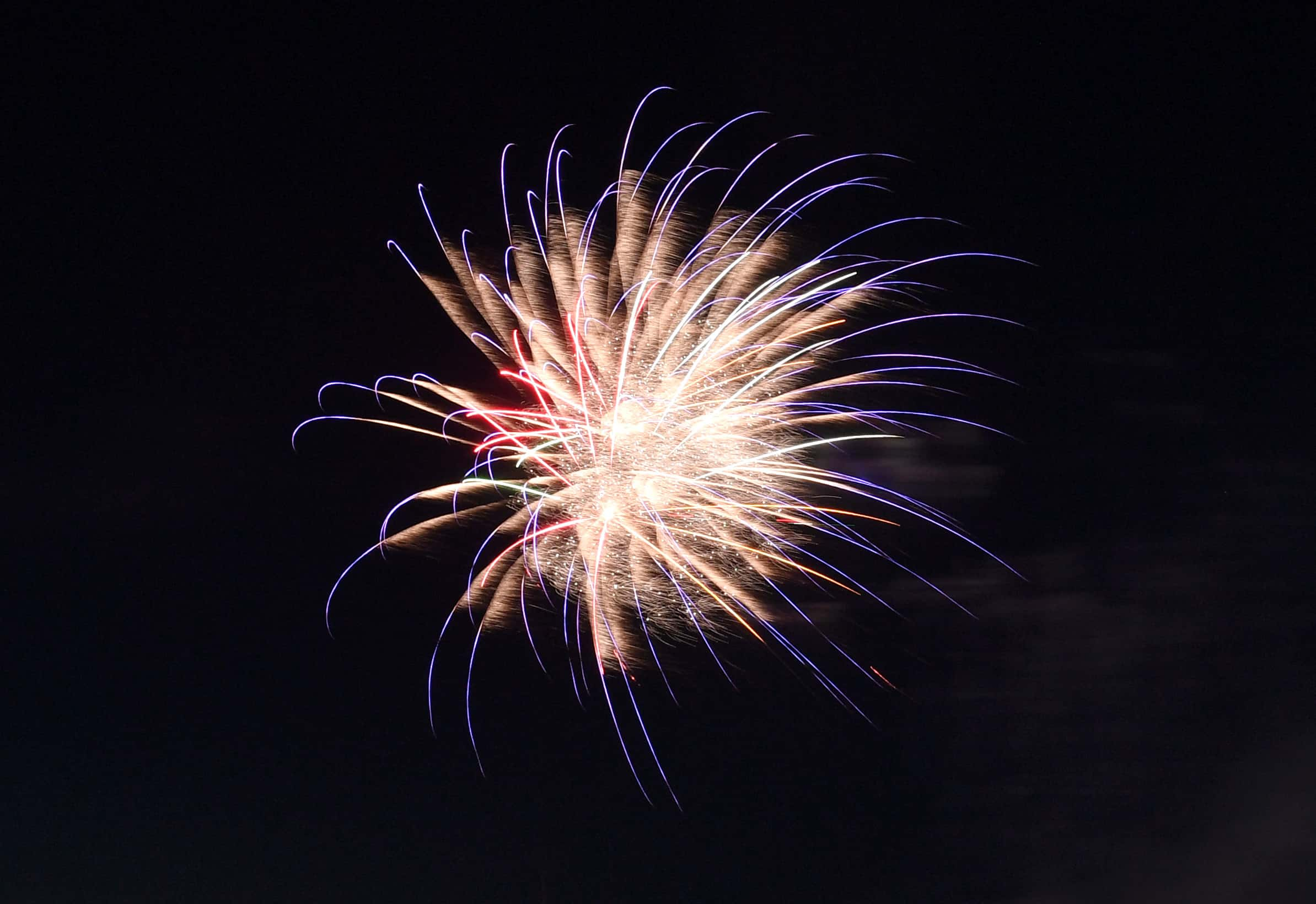Is July 4 firework racist? National Geographic says pollution affects people of color more

As the debate around critical race theory rages on in the US, an unlikely source has found itself in the eye of the storm for a news report that links American patriotism around July 4 and race. The National Geographic magazine’s Twitter account shared a story with the text, “Scientists found that vulnerable people and communities of color are disproportionately exposed to air pollution from firework celebrations.”
Authored by Madeleine Stone, the report titled ‘The hidden toll of July Fourth fireworks,’ says that not everyone is equally at risk from the noxious particles that suffuse the sky during pyrotechnic light shows. Stone cited a recent study published in the International Journal of Environmental Research and Public Health on air pollution exposure across the state due to Independence Day fireworks.
READ MORE
LA fireworks explosion: LAPD slammed for 'planned detonation' after blast injures 16

At its peak, the smoke from these events can be comparable to that from wildfires, the study found. The study also found that fireworks smoke may be creating an additional short-term health risk for urban communities with higher rates of asthma, more older residents, and a greater percentage of children under ten. These areas, per the study, also tended to have more Black and Hispanic residents.
Stone quoted Aisha Dickerson, an environmental epidemiologist at Johns Hopkins University who wasn’t involved with the paper, who said that the high-risk communities identified in the study have “perpetual exposure to hazardous environmental toxins,” and that “aggravates an already prevalent and persistent issue.”
“There are very few studies that have looked at the association between fireworks-related air pollution and health,” said Pallavi Pant, an air pollution researcher at the nonprofit Health Effects Institute who has studied pollution during festivals. “However, the concentrations can be high enough to trigger health effects, especially for children and older adults and those living with respiratory diseases.”

The data in the aforementioned study was crowdsourced. The scientists analyzed publicly crowdsourced data from 751 commercial PurpleAir sensors in private residences across the state during June and July of 2019 and 2020. The study found that vulnerable populations appeared more exposed to July 4 fireworks pollution - PM2.5 spikes around the fireworks were higher in urban census tracts in Southern California, areas that tend to have higher asthma rates, more older individuals and small children, and more Black and Hispanic residents, compared with rural census tracts and those further north.
Additionally, regarding the established link between air pollution and more severe Covid-19 outcomes, Jun Wu, a professor of public health at UC Irvine and the senior author on the study, said that last year’s pyrotechnics might have worsened the pandemic.
The study and the report on it both appear compelling but online, the article found a lot of rebukes. “What happened to the old Nat Geo, where we talked about animals and how amazing they are?” tweeted one person. “Who'd have thought fireworks were racist!” wondered another person. One Twitter user commented, “Apparently, this isn't satire.”
Many said that the article was race-baiting and the insinuation the fireworks could be racist was laughed at. It is worth noting however that the report nowhere says fireworks are racist - nor does the headline or the tweet. Yet, comments like “Please give it a rest when it comes to racism being found in everything. It is getting old and true issues of racism will soon be ignored. Please re-read ‘the boy who cried wolf’,” were aplenty.
What happened to the old Nat Geo, where we talked about animals and how amazing they are?
— ZonnEHbrand (@Zonnebrand1) July 4, 2021
Who'd have thought fireworks were racist! 🤷🏼♂️ @andrewdoyle_com @TitaniaMcGrath https://t.co/dtTzoOG1zA
— Dan (@danlaw1976) July 6, 2021
Please give it a rest when it comes to racism being found in everything. It is getting old and true issues of racism will soon be ignored. Please re-read “the boy who cried wolf”
— robert Melrose (@rwm2020) July 5, 2021










